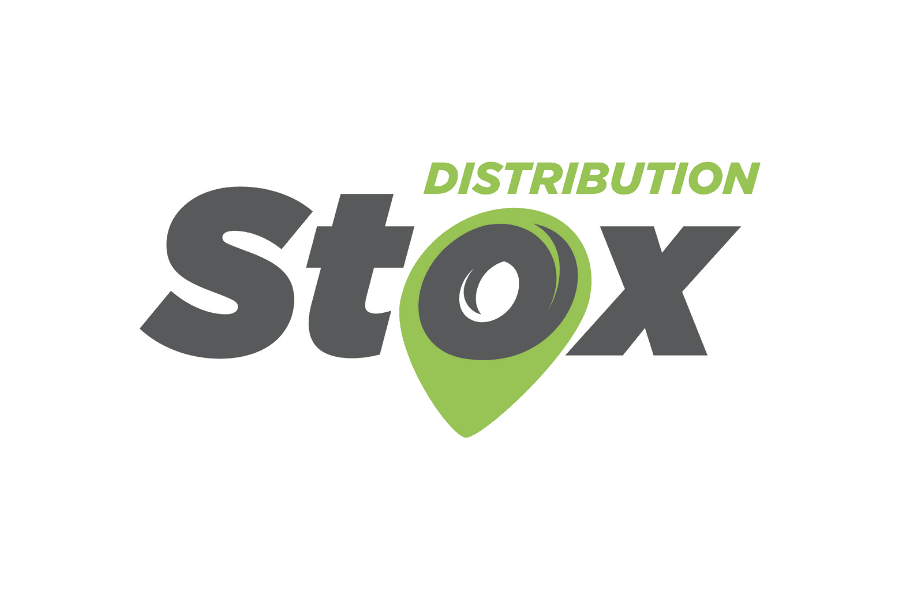What Are the Advantages of AI Agents?
Artificial intelligence (AI) agents offer numerous advantages that make them valuable across a variety of industries. They help automate tasks, improve accuracy, and drive innovation within organizations. To fully leverage their potential, it’s essential to rely on a strong infrastructure, whether it’s ensuring data security in the cloud or optimizing your services with reliable hosting.
1. Automating repetitive tasks
Benefit: AI agents can handle repetitive, tedious tasks without fatigue or reduced efficiency.
Example: Chatbots automate the processing of simple customer requests, such as frequently asked questions or order follow-ups.
2. Fast, optimized decision-making
Benefit: AI agents rapidly analyze large quantities of data and make decisions in real time.
Example: In financial trading, an AI agent can analyze the market and execute trades in milliseconds.
3. Improved accuracy
Benefit: Unlike humans, AI agents are not prone to errors caused by fatigue or inattention.
Example: In healthcare, AI agents can detect anomalies in medical images with great accuracy.
4. Continuous learning
Advantage: Thanks to machine learning, AI agents can improve over time by integrating new data and adapting to changing environments.
Example: A virtual assistant like Alexa or Google Assistant becomes more efficient by better understanding the user’s habits.
5. 24/7 availability
Benefit: AI agents can operate without interruption, offering seamless services.
Example: A chatbot can provide customer support at any time, with no waiting time.
6. Cost reduction
Benefit: By automating processes, AI agents enable companies to reduce costs associated with labor and human error.
Example: An automatic sorting system in a factory reduces the cost of hiring workers for these specific tasks.
7. Adaptability and versatility
Benefit: AI agents can be programmed to perform a variety of tasks in different sectors.
Example: An AI agent can be used both to recommend products on a website and to manage logistics in a warehouse.
8.Enhanced user experience
Benefit: AI agents can personalize interactions according to users’ specific needs.
Example: Netflix uses AI agents to recommend movies and series tailored to each user’s tastes.
9.Handling large volumes of data
Advantage: AI agents are able to analyze and exploit large quantities of data in real time.
Example: AI-based cybersecurity systems analyze millions of connections to detect potential threats.
10.Complex problem solving
Advantage: AI agents can solve complex problems by combining advanced algorithms and massive data.
Example: In logistics, an AI agent optimizes routes to reduce costs and delivery times.
11.Contribution to innovation
Benefit: AI agents enable companies and researchers to rapidly test ideas and develop innovative solutions.
Example: AI agents accelerate the discovery of new drugs by simulating clinical trials.
12.Flexibility in different environments
Advantage: AI agents can operate in environments that are dangerous or difficult for humans to access.
Example: In space exploration, AI agents analyze data collected on other planets to support decision-making
AI Agents: a revolution to embrace responsibly
AI agents are powerful tools that boost efficiency, reduce costs, and open new opportunities in multiple fields. However, their impact depends on the strength of the technological foundation supporting them. To unlock their full potential, organizations need to combine innovation with reliability, notably by accessing a reliable network for your AI applications.
High-performing AI can only deliver long-term results when built on secure data management, robust hosting, and stable connectivity.






